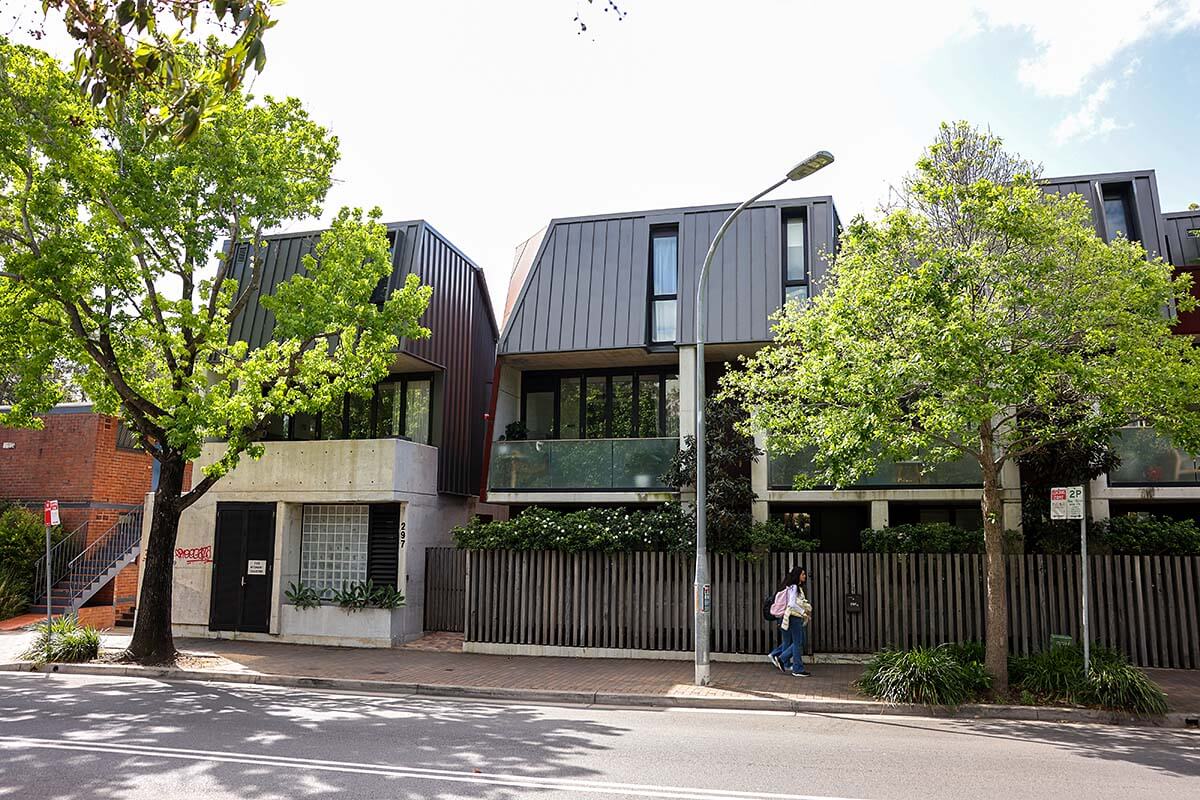Quarterly Insights Monitor
The Quarterly Insights Monitor includes the most recent data and analysis across each stage of the housing supply pipeline and monitors the progress of key NSW housing supply initiatives. The monitor helps the government, councils, regulators and developers maintain a healthy pipeline of development-ready land over the medium-to-long term. For more information, read the Housing supply insights frequently asked questions.
The NSW housing supply pipeline
The NSW Government supports the housing supply pipeline by providing clarity and certainty to the community, councils and industry so projects can proceed, homes are unlocked and new communities are built in the right places, supported by infrastructure.
The pipeline covers potential lots and dwellings across 5 stages – strategic planning, zoning, infrastructure servicing, development approval, construction and completions.
Some land in NSW is development-ready, with residential zoning and the enabling infrastructure (roads, water, sewage, etc.) in place. But we need good strategic planning and rezoning to unlock additional supply in the right locations to meet future growth.
The department’s analysis of greenfield developments in the key growth areas of Sydney found it takes on average 4 to 5 years for rezoned lots to deliver new completed dwellings, and not all approved housing projects go through to construction and completion. We need a healthy pipeline to meet future housing needs.
While local and global factors significantly influence the pipeline stages, the planning system plays an important role in supporting a good housing supply pipeline.
Stages of the pipeline and the role of the department
| Stage | What happens? | The department's role |
|---|---|---|
| Strategic planning | The long-term housing needs for an area and infrastructure to support it are identified. This is reflected in regional and metropolitan plans, local strategic planning statements and local housing strategies. | We develop strategic plans for regions and help the Greater Cities Commission develop metropolitan strategic plans. We also help councils develop and implement their local strategic planning statements and local housing strategies. |
| Zoning | Land identified as suitable for new housing may need to be rezoned through state-led rezoning or planning proposal processes (changes to local environment plans). | We assess and determine state-led rezonings. Planning proposals may be assessed and determined by councils, independent planning panels or the department. |
| Infrastructure servicing | Critical infrastructure servicing brings forward housing supply by improving the readiness of land for development, including connecting it to electricity, water, roads and sewage. Schools and recreational infrastructure are also important. | We assess and determine large-scale infrastructure projects. However, most infrastructure projects that support new dwellings are smaller and are delivered by councils. We provide grant programs to help councils deliver necessary local infrastructure. |
| Development approval | New housing proposals are assessed for approval to ensure they meet requirements specific to the type of development and are appropriate for the local area. | We assess and determine state-significant development applications. Regionally significant development applications are assessed by councils and determined by independent planning panels. Councils assess and determine local development applications. |
| Construction and completion | A construction certificate or complying development certificate must be issued before construction starts. Once complete, new dwellings are certified as safe to occupy before people can move in. |
We play a limited role in the construction and completion stage. We have a compliance role for projects we determine. Councils or independent certifiers carry out assessments. Private developers or state entities such as Landcom carry out the construction. |
